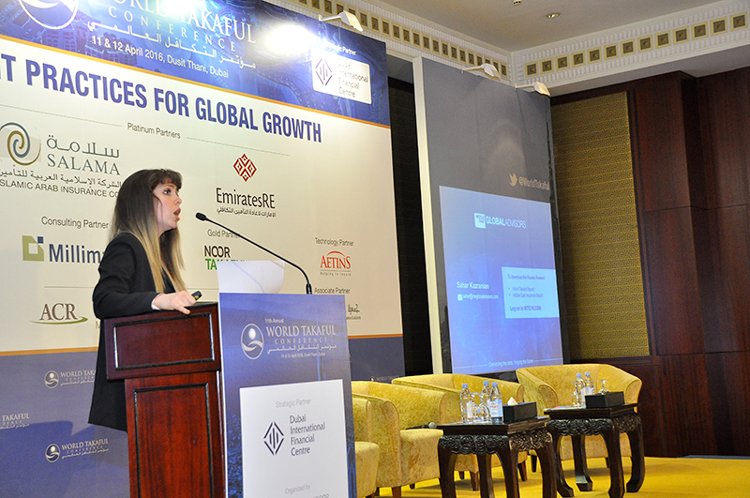Top Stories
WORLD TAKAFUL CONFERENCE: GCC SOVEREIGN ISSUANCE CAN BE HUGELY INSTRUMENTAL FOR TAKAFUL STABILITY
Published by Gbaf News
Posted on April 15, 2016
1 min readLast updated: January 22, 2026

Published by Gbaf News
Posted on April 15, 2016
1 min readLast updated: January 22, 2026

Explore more articles in the Top Stories category











